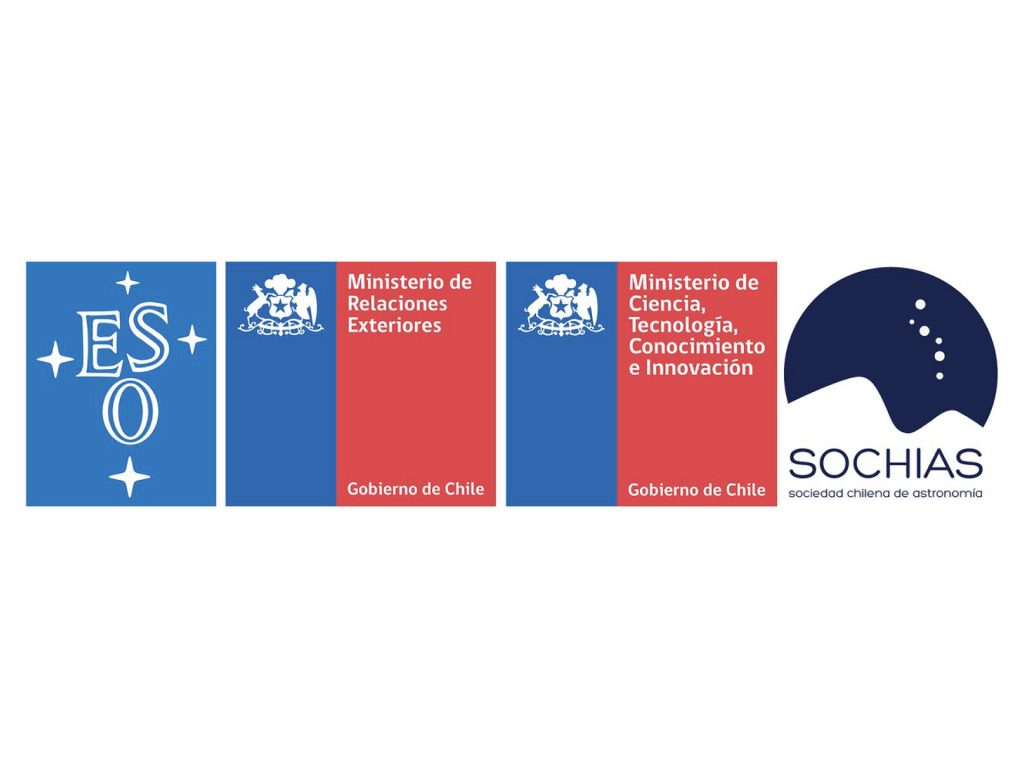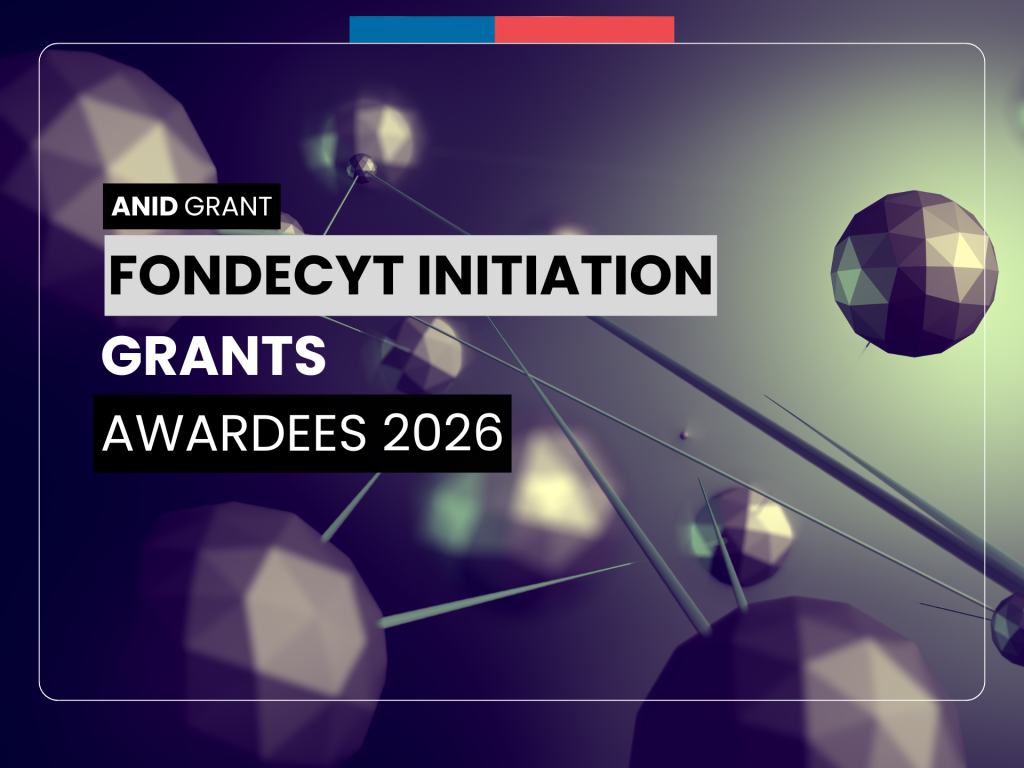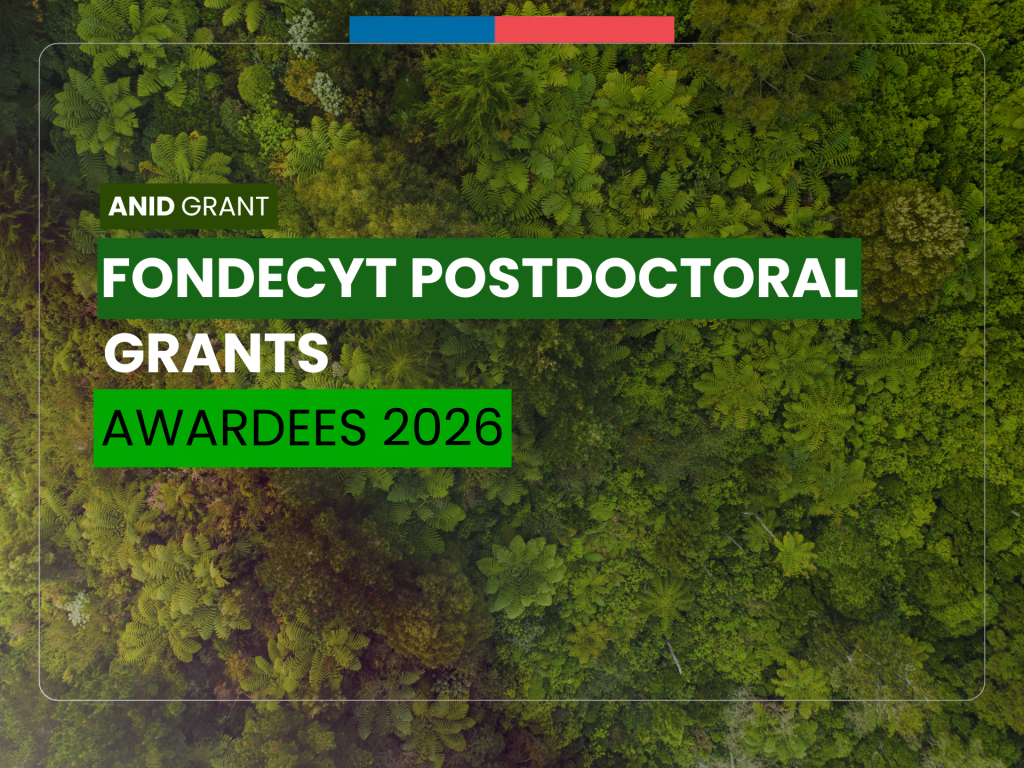Three projects co-directed by professors from the UC School of Engineering have been selected in the 2025 Exploration Projects competition. This initiative provides funding for collaborative proposals aimed at developing disruptive scientific and technological research characterized by high uncertainty and significant potential impact:
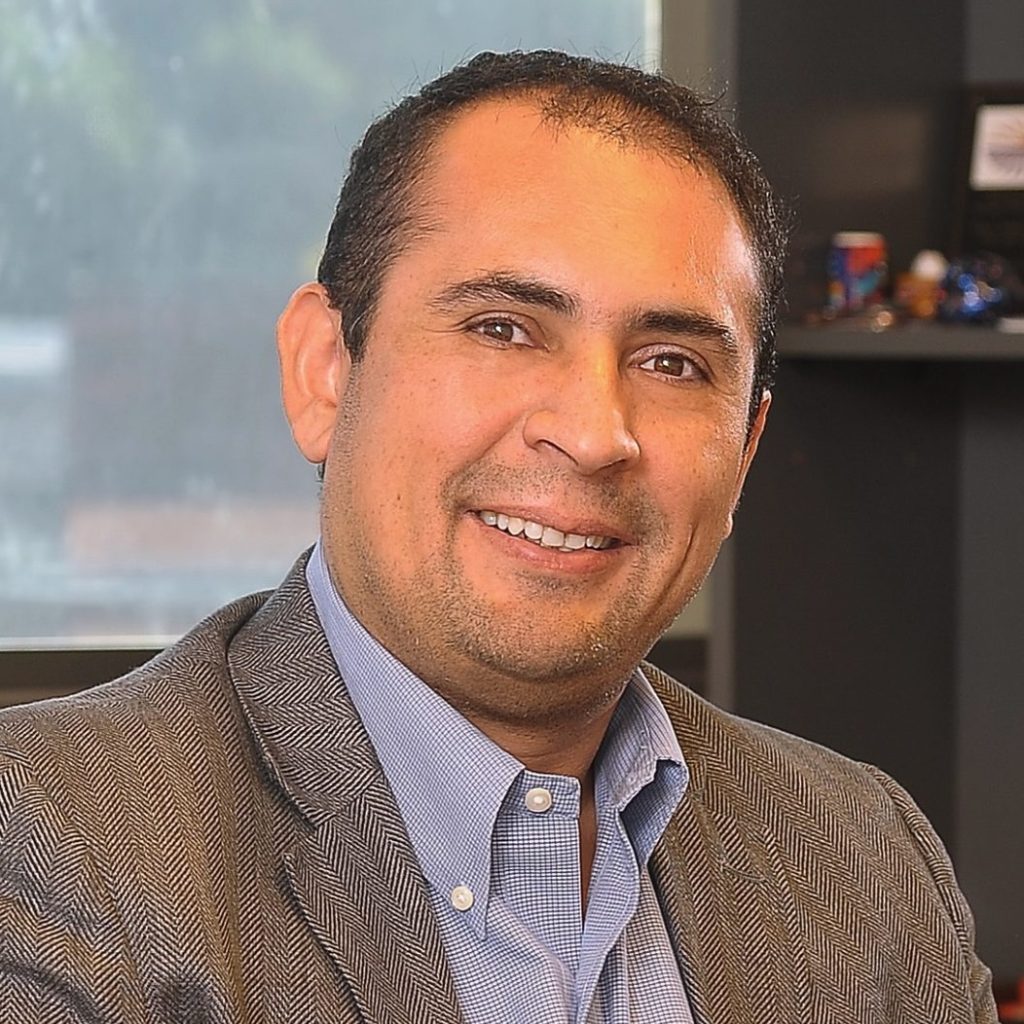
Impact of GABA-producing Bacterial Consortia in Neuroprotection: Unraveling Mechanisms and Predictive Modeling of the Gut-Brain Axis and Neurodegenerative Diseases
Daniel Garrido, Associate Professor in the Department of Chemical and Bioprocess Engineering, in collaboration with Jimena Sierralta, Full Professor in the Department of Neuroscience at the University of Chile’s Faculty of Medicine, will develop a pioneering project on the gut-brain axis in neurodegenerative diseases. The research team also includes Pedro Saa, Assistant Professor in the Department of Chemical Engineering and Bioprocesses.
Their research focuses on how gut microbes produce protective metabolites for neurons affected in Parkinson’s disease. By integrating metabolic modeling, machine learning, and single-cell data, the team aims to predict optimal probiotic strains for neuroprotection.
This approach promises to develop personalized therapies, reduce reliance on standard medications, and expand the field of psychobiotics (probiotics with effects on mental health).
Towards Self-Adaptive Systems for Multi-User Spatial Computing with Multisensory and Psychophysiological Feedback
Leonel Merino, Assistant Professor of Engineering Design (Dilab), will collaborate with Diego Cosmelli, Full Professor at the UC School of Psychology, to develop self-adaptive Extended Reality (XR) systems that transform group collaboration. The project includes Alison Fernández, Assistant Professor of the Department of Computer Science, as a co-investigator.
Their project addresses a critical gap: current multi-user XR experiences do not respond to real-time cognitive or emotional states. The proposal integrates psychophysiological data (heart rate, eye tracking, posture) with multisensory feedback (visual, haptic, interoceptive) to create dynamic collaborative environments.
These systems, based on spatial computing, will automatically adapt the experience according to detected stress, attention, or mental load in teams, improving coordination in fields like telemedicine, education, or industrial design. The research positions Chile at the forefront of socially impactful XR.
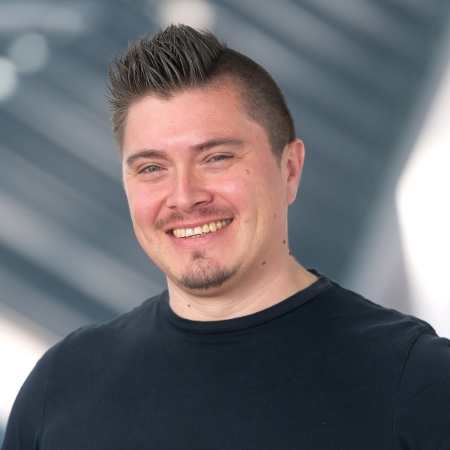
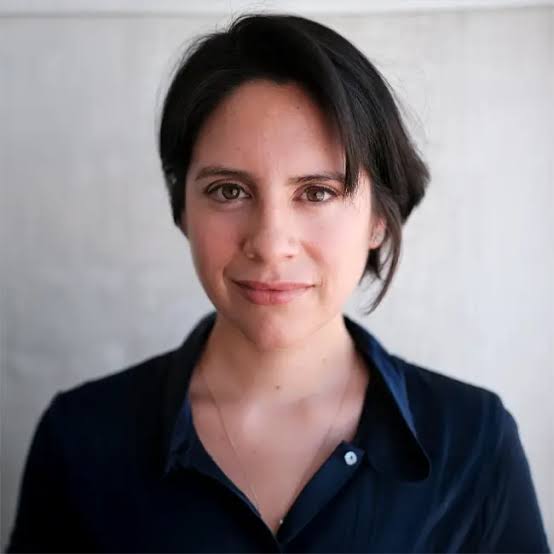
Building a Transdisciplinary Framework for Analyzing Chilean Dictatorship Documents with New Technologies
Jocelyn Dunstan, Assistant Professor in the Department of Computer Science, alongside academic Hugo Rojas, Director of the Department of Legal Sciences and Professor of Sociology of Law and Transitional Justice at Alberto Hurtado University, will work on integrating artificial intelligence (AI) into the analysis of historical human rights archives from the Chilean dictatorship. This project also includes the participation of professors Domingo Mery and Juan Reutter, from the Department of Computer Science.
Their research will develop an innovative framework adapting AI tools to analyze these massive and complex archives, explicitly addressing their inherent biases. The approach prioritizes the specific needs of analysts working on transitional justice.
The project seeks to directly contribute to Chile’s memory and reparation processes, while also positioning itself as a replicable model for similar global initiatives analyzing systematic human rights violations.
These projects highlight the capacity of UC School of Engineering professors to generate pioneering and multidisciplinary research. Their work is fundamental for providing innovative knowledge and solutions to critical challenges for the development and well-being of Chilean society.
